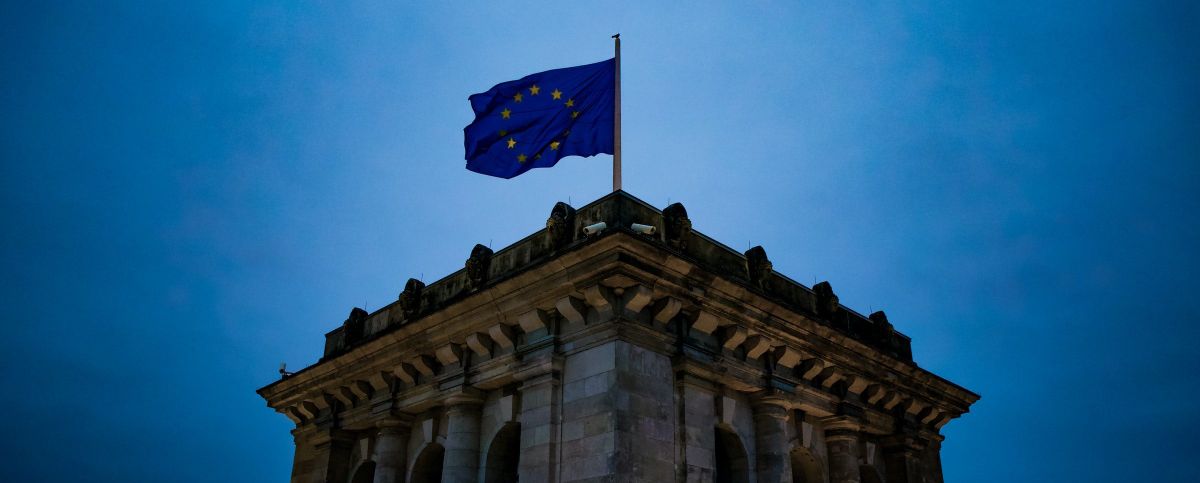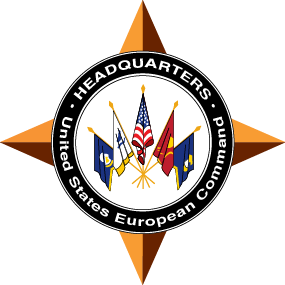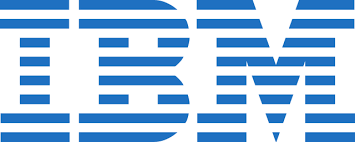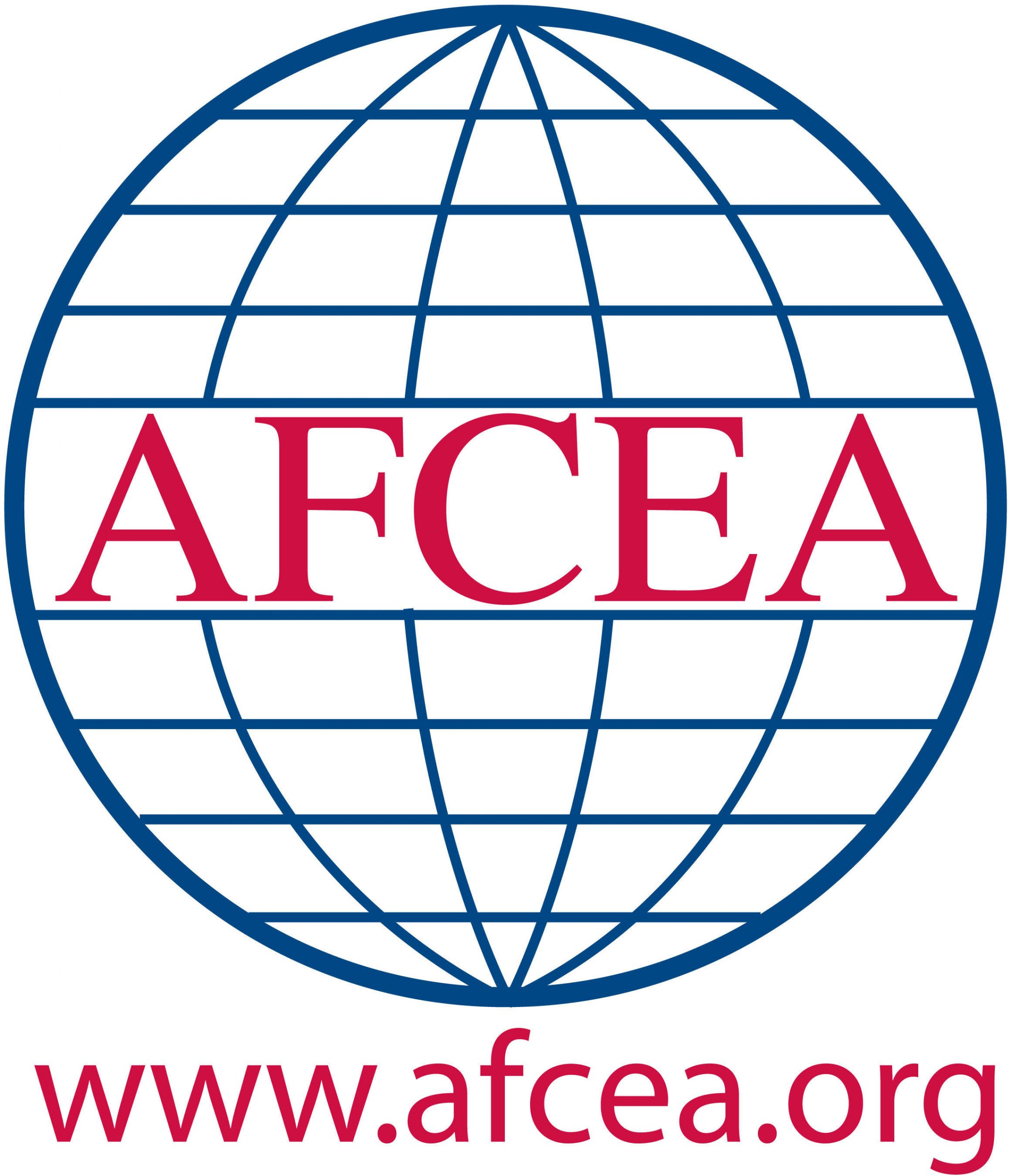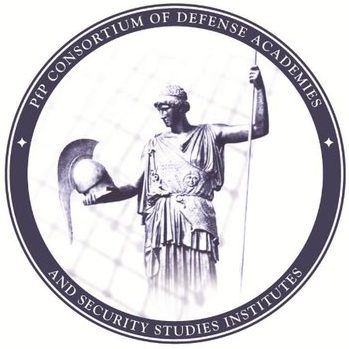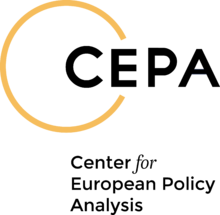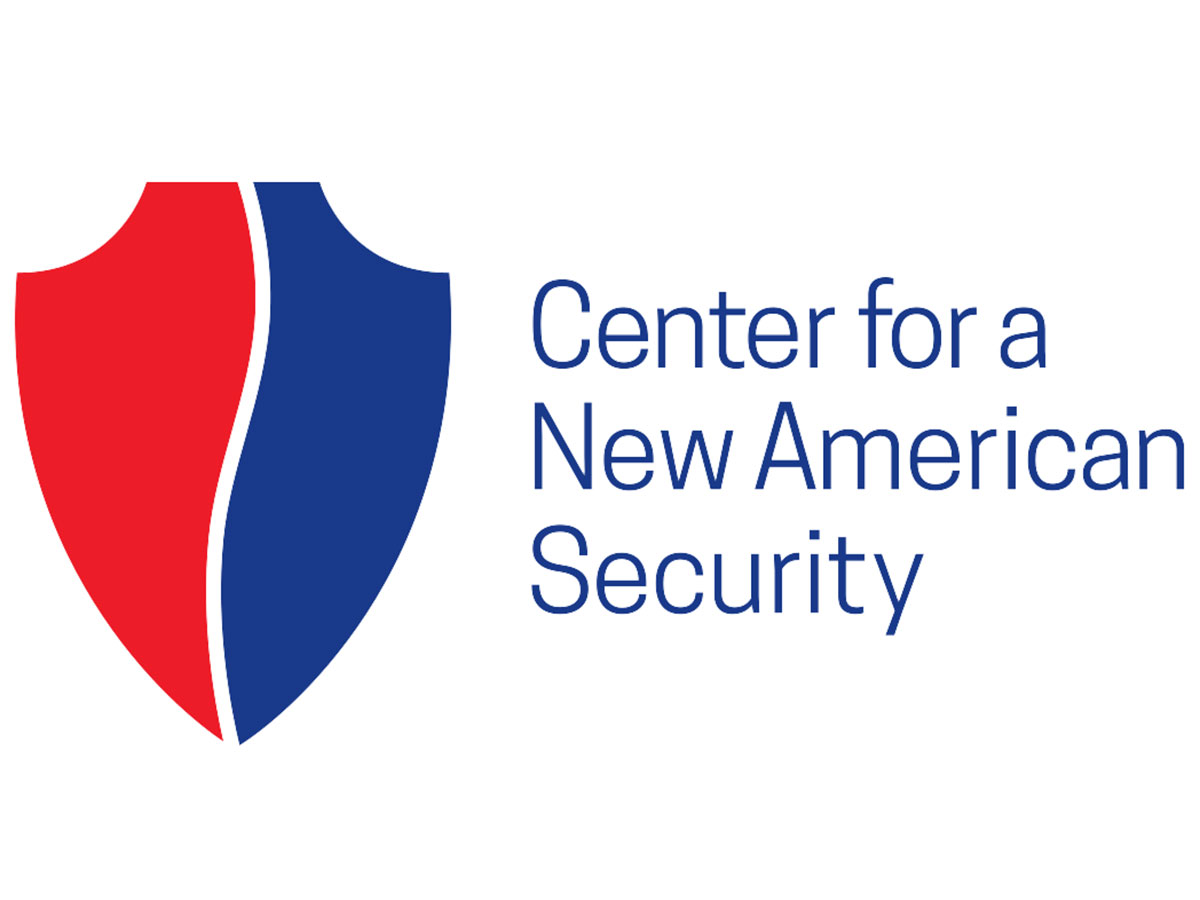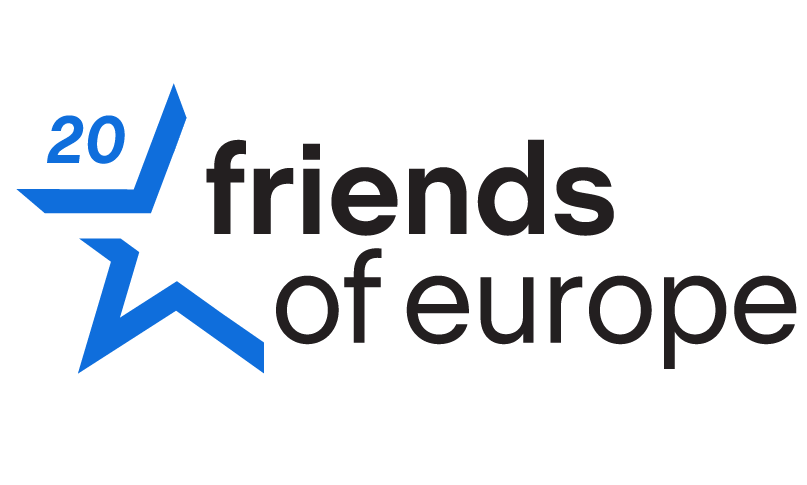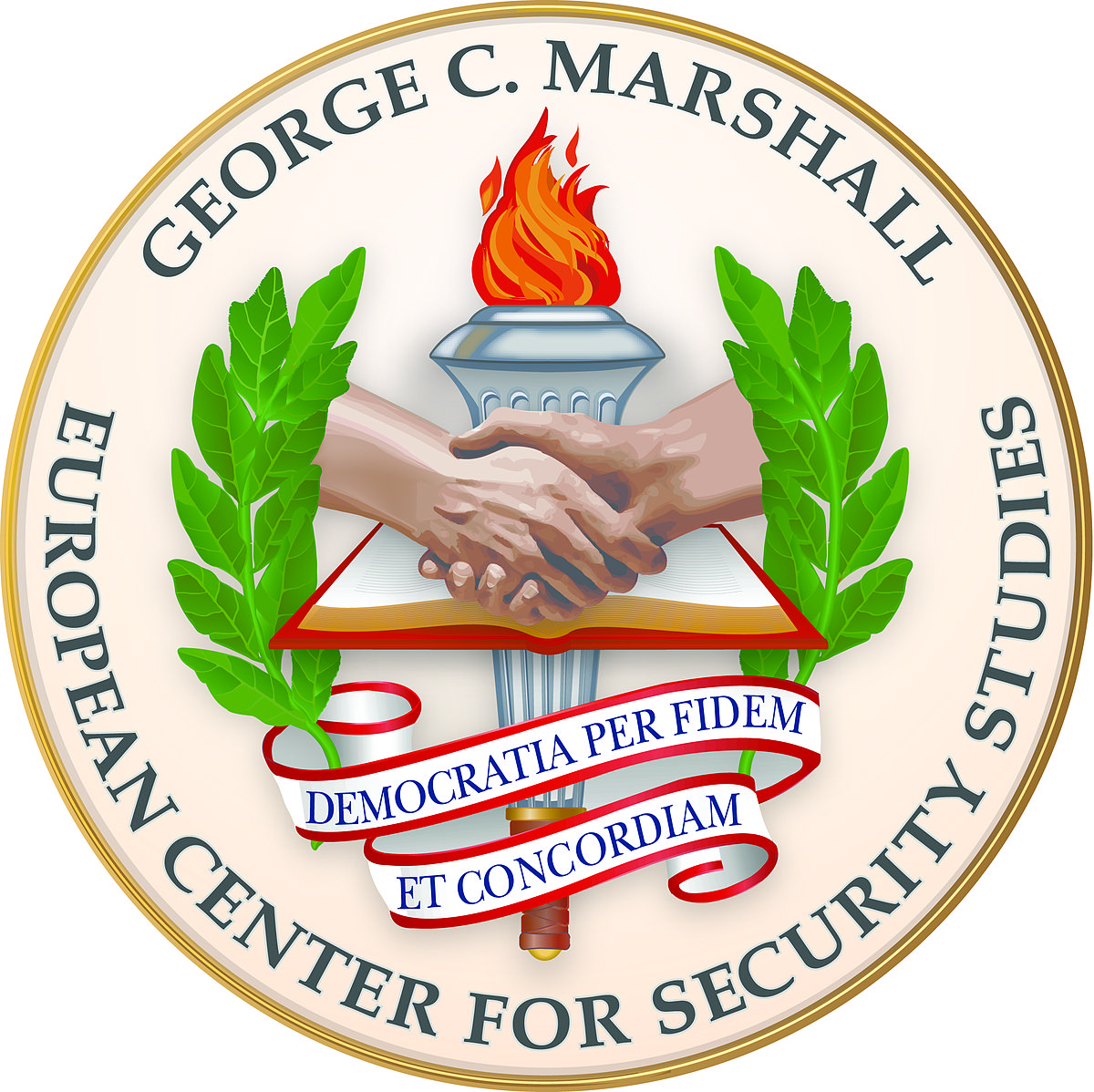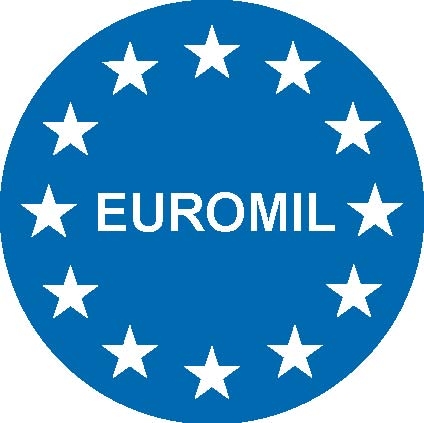This year’s Transatlantic Security Jam focuses on the overarching topic of “Securing the Post-COVID Future”. The Security Jam is a three-day virtual global brainstorm that allows several thousand participants to discuss issues in real time on an IBM online platform, from anywhere in the world, 24 hours a day. VIP contributors, similar to speakers at a real-world conference, come online at regular intervals to share their perspective with jammers and sound out this global community on specific issues.
The Security Jam will be divided into 6 discussion forums which will run in parallel for three days. Friends of Europe will host a forum on the topic of ‘’Cooperation and Autonomy: The global role of the EU post COVID-19’’.
Other forums hosted by partner think tanks within the 2020 Security Jam include: ‘’Competition for Influence: In a world transformed by COVID-19’’, ‘’NATO Mission and Core Tasks in Action: Resilience, readiness and responsiveness’’, ‘’Transatlantic Security, NATO-EU Relations: Challenges and collaboration’’, ‘’Technological and Industrial Edge: Bringing technological and industrial cooperation to bear’’, and ‘’COVID-19 Relations with China: Implications for NATO and the EU’’.
The 2020 Transatlantic Jam will feed into a report summarising the attitudes, perceptions and innovative ideas of our jammers on how to secure the Post-COVID future. Participants in the forums will interact directly with VIPs and contributors from around the world. The Jam’s top recommendations and its in-depth report will be distributed to leaders around the globe.
The 2020 Security Jam is hosted by IBM and coordinated by The Partnership for Peace Consortium. Friends of Europe is delighted to collaborate with these partners, as well as the other international think tanks involved, including among others the Center for a New American Security (CNAS), the Atlantic Council of the US, and the George C Marshall Center.
Please note: The Security Jam is a written virtual brainstorm; therefore, the entire session will be written.
This event is by invitation only and is under Chatham House rules.
Our events include photos, audio and video recording that we might use for promotional purposes. By registering, you give your permission to use your image. Should you have any questions, please contact us.
PHOTO CREDIT: Christian Lue on Unsplash
